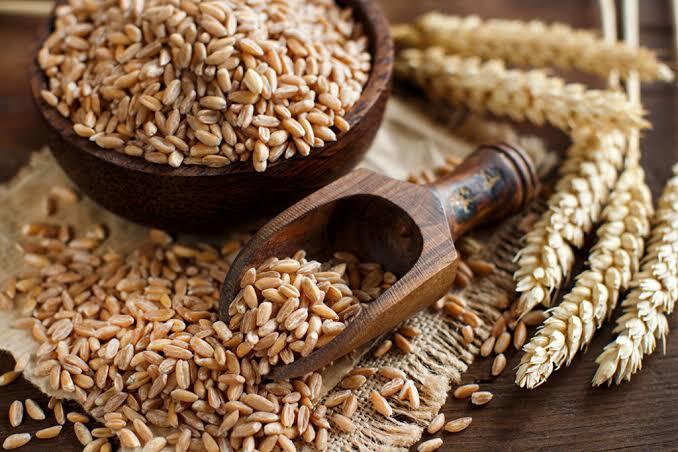The government informed the Rajya Sabha on Friday that over 60% of the wheat area sown during the 2024-25 rabi (winter) season was under climate-resilient varieties. Union Minister of State for Agriculture, Ramnath Thakur, made this announcement in a written reply, emphasizing the increasing use of improved wheat varieties that withstand changing climatic conditions.
Development of Climate-Resilient Varieties
Thakur highlighted that the Indian Council of Agricultural Research (ICAR), through its All India Coordinated Research Project (AICRP) on wheat, has developed 114 climate-resilient wheat varieties over the past 15 years. These varieties are designed to perform better under stressful environmental conditions, reducing the impact of heat stress and ensuring stable yields.
Adaptation to Rising Temperatures
In response to a query on safeguarding wheat crops from rising temperatures in March, Thakur noted that the introduction of varieties such as DBW187, DBW303, DBW327, WH1270, and PBW872 has allowed for October planting. This modification in planting schedules ensures that the grain-filling stage occurs at relatively lower temperatures, minimizing heat stress and leading to higher yields.
Role of ICAR and IIWBR
The ICAR-Indian Institute of Wheat and Barley Research (IIWBR), Karnal, is actively monitoring weather conditions and issuing timely advisories to farmers to mitigate potential risks. Additionally, IIWBR is involved in the breeder seed supply of high-quality wheat seeds and direct seed distribution to farmers, ensuring that superior quality seeds reach cultivators.
Record Wheat Production Expected
With these measures in place, India's wheat production for the 2024-25 crop year (July-June) is estimated to touch a record 1154.30 lakh tonnes, compared to 1132.92 lakh tonnes recorded in the previous year, according to government data.
Wheat Harvesting Underway
As per the latest reports, wheat harvesting has already begun in several states, signaling a promising yield for the season. The increased use of climate-resilient varieties and improved farming practices are expected to contribute significantly to maintaining India's food security amidst changing climate conditions.
Follow & Subscribe:
👉 Agri-Food Update on LinkedIn for the latest updates and insights.
🌐 Visit us at www.agri-food-update.com for more information!



